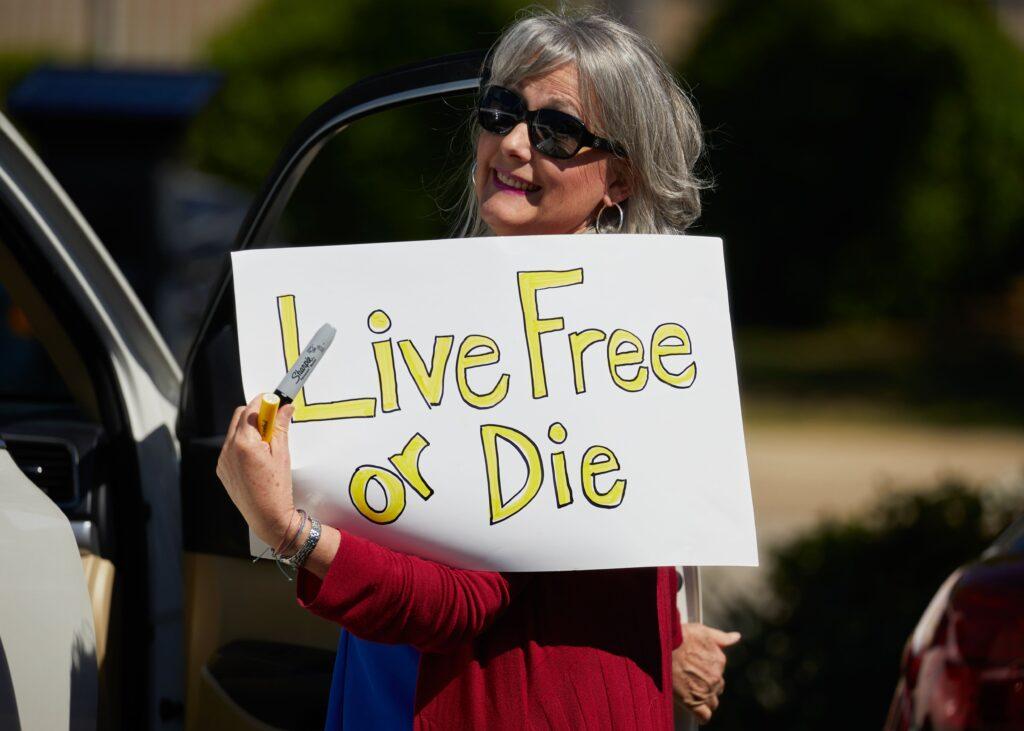Civil liberties and national security are two essential and often competing interests in the realm of governance.
Civil liberties refer to the fundamental rights and freedoms that individuals possess and are protected by law from government interference. These rights may include freedom of speech, privacy, due process, also protection against unreasonable searches and seizures.

On the other hand, national security pertains to the protection and defense of a nation from internal and external threats, including terrorism, espionage, and other forms of harm.
Balancing Civil Liberties and National Security:
One of the most significant challenges for governments is striking a balance between safeguarding national security also upholding civil liberties. Measures taken to enhance security, such as increased surveillance or data collection, can potentially infringe upon individual rights to privacy and freedom of speech.
Criticism and Complaints:
National security measures that encroach upon civil liberties often face criticism also complaints from civil rights advocates and the public. Complaints may arise due to concerns about the overreach of government power, potential abuses, and the erosion of personal freedoms.
Transparency and Accountability:
To address complaints and maintain public trust, governments are expected to be transparent about their national security policies also provide justifications for the measures they implement.
Independent oversight bodies and judicial review play essential roles in ensuring accountability also safeguarding civil liberties.
Challenges in the Digital Age:
Advancements in technology have introduced new complexities in the debate between civil liberties and national security.
Issues such as mass surveillance, data retention, and encryption have raised questions about how to protect both individual rights and national interests in the digital age.
Legislation and Court Rulings:
National security complaints may lead to legal challenges. Resulting in court rulings that clarify the limits also scope of government actions. Landmark court decisions can set important precedents in striking a balance between civil liberties and national security.
Public Opinion and Political Discourse:
Complaints about national security measures often spur public discussions and influence political discourse. Public opinion plays a significant role in shaping government policies and can prompt lawmakers to reevaluate certain security measures.
Conclusion
The tension between civil liberties and national security is an ongoing challenge for governments worldwide. Striking a balance between protecting the safety of a nation also preserving individual rights is a delicate task that requires careful consideration, transparency, and accountability.
National security complaints highlight the importance of an open and democratic society. Where the protection of civil is a paramount concern.
As societies continue to grapple with evolving threats and technological advancements, finding the right equilibrium between security also liberty remains an ongoing and essential task for lawmakers, the judiciary, and the public. 온라인카지노사이트